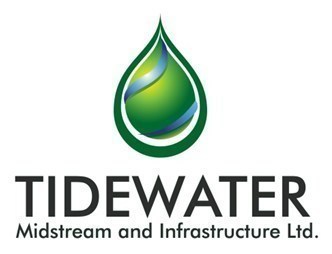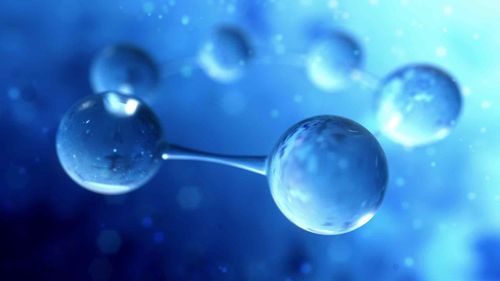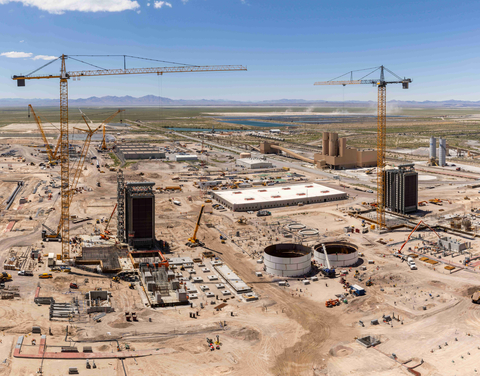Mitsubishi Power Americas and the Intermountain Power Agency (IPA) reached a critical milestone in the development of IPA’s transformational power project, the Intermountain Power Project (IPP) Renewed, in Delta, UT.
Two M501JAC advanced-class gas turbines have been delivered to the site and are awaiting installation and on-site testing before starting full operation in 2025. The first unit arrived on June 8, 2023 and the second on July 21, 2023.
Manufactured at Mitsubishi Power’s facility in Takasago, Japan delivery to Delta, UT, was a complex logistical undertaking. The high-performance units began the journey via ship, transferring in Long Beach, CA, to Apex, NV, before arriving in Utah. The journey covered approximately 5,877 miles in 30 days.
The IPP Renewed project gas turbines will utilize 30 percent hydrogen fuel at start-up in 2025, with a goal of achieving 100 percent hydrogen by 2045 and ultimately resulting in dispatchable carbon-free utility-scale power generation. This blend of natural gas and hydrogen will reduce carbon emissions by more than 75 percent when compared to IPP’s present operations. Once installed and in operation, the turbines will deliver 840 megawatts of net generation output. Mitsubishi Power will provide service and maintenance for the gas turbines under a 20-year long-term service agreement. TIC – The Industrial Company, a subsidiary of Kiewit, is the engineering, procurement and construction (EPC) contractor for the project.
In 2019, Mitsubishi Power in partnership with Magnum Development announced plans to develop the Advanced Clean Energy Storage project (ACES Delta hub), located adjacent to IPP. The ACES Delta hub is a utility-scale renewable energy hub that will produce, store, and deliver green hydrogen to the Western United States. A pipeline from the ACES Delta hub will feed the IPP Renewed project with hydrogen to operate the J-Class turbines. The ACES Delta hub will use renewable energy-powered electrolyzers to split water into oxygen and hydrogen. The hydrogen will be stored in two underground salt caverns, each the size of the Empire State Building capable of holding 150,000 MWh (Megawatt hour) of clean energy. It would take more than 80,000 shipping containers of lithium-ion batteries to produce the equivalent megawatt-hours of energy that one hydrogen salt cavern can store.
Cameron Cowan, general manager of the Intermountain Power Agency said, “With the delivery of these two highly flexible J-Class gas turbines from Mitsubishi Power Americas, the IPP Renewed project is well on its way to becoming a beacon of innovation, paving the way for a cleaner, dispatchable energy footprint in the region.”
Bill Newsom, president and CEO of Mitsubishi Power Americas said, “As we continue to support our customers with advances in clean energy technology, IPP Renewed is a perfect example of a real, steel-on-the-ground project. The project demonstrates that bringing together the right partners with the right capabilities supports essential renewable energy infrastructures emergence and moves the country further along the path to net-zero emissions. The long journey they traveled and final delivery of these two state-of-the-art gas turbines is just the first of many milestones we look forward to celebrating with IPA.”







